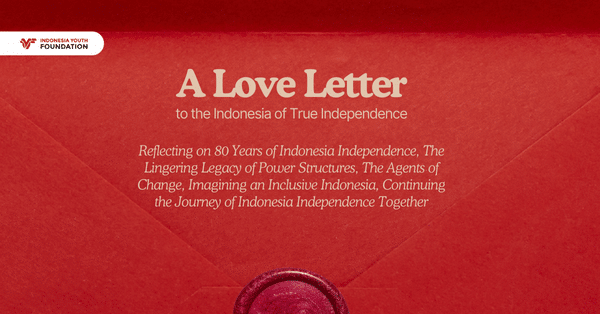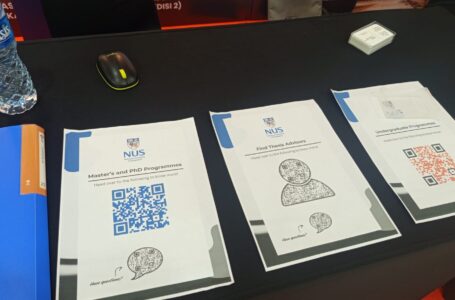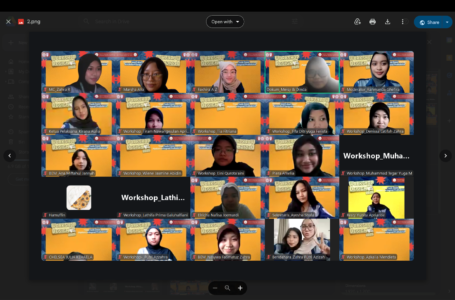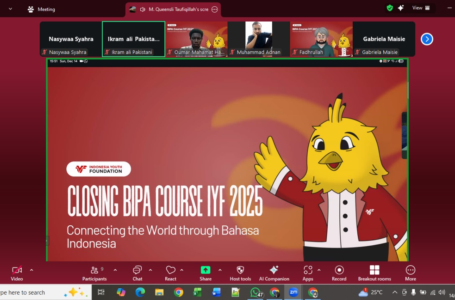IYF Delegates Seize Incredible Scholarship Opportunities at Indonesia’s Largest Event!

As Indonesia prepares to mark eight decades of freedom, this milestone is more than a celebration of the past. It’s a moment to reflect on Indonesia independence—what it truly means today and how far the nation has come toward justice, equality, and opportunity for all.
Reflecting on 80 Years of Indonesia Independence
On August 17, 2025, Indonesia will celebrate its 80th Independence Day with nationwide festivities–from flag ceremonies to cultural performances. This milestone is a moment to honor the nation’s hard–fought freedom from colonial rule. Beyond celebrations, we must ask: has true independence—freedom from injustice and favoritism—been fully realized?
The Lingering Legacy of Power Structures
Indonesia’s history shows the New Order era under Soeharto (1966–1998), where power stayed within elite families. Although democracy has expanded, recent reports suggest that nepotism remains a significant challenge.
For example, Kompas (November 2023) highlighted ongoing public debates following the appointments of officials with close family ties, raising concerns about fairness and meritocracy. Meanwhile, The Jakarta Post (February 2025) shared stories of young Indonesians frustrated by limited opportunities outside elite circles.
This reality underscores how systemic favoritism continues to affect access to power and opportunity, especially for young people from rural or marginalized backgrounds.
Youth: The Agents of Change
Despite ongoing challenges, Indonesia’s youth are increasingly vocal and active in demanding change. With unprecedented access to information and digital tools, young people are building networks, raising awareness, and advocating for transparency and fairness.
Youth-led movements—from anti-corruption campaigns to grassroots entrepreneurship—show that change often starts small but can grow into significant impact. According to Tempo (February 2025), student organizations like BEM KM UGM have recently pushed for greater transparency regarding government budget efficiency, especially concerning policies affecting university tuition fees (UKT). This persistent civic engagement highlights the power of youth to influence local governance and promote accountability.
Imagining an Inclusive Indonesia
The Indonesia that many young people envision is one where everyone—regardless of family background, ethnicity, or economic status—has equal access to opportunity. This vision echoes the national motto Bhinneka Tunggal Ika (Unity in Diversity), reminding all citizens that diversity is a strength, not a barrier.
In this future, principles of justice, equality, and meritocracy are not mere slogans but the foundation of society and governance.
Continuing the Journey of Indonesia Independence Together
True independence is an ongoing process, requiring commitment and courage from all citizens, especially the younger generation. The future of Indonesia depends not only on those in positions of power but also on those who are willing to challenge the status quo and work toward a more just society.
As the nation marks 80 years of independence, it looks forward—with hope and determination—to an Indonesia where freedom means more than a date on the calendar.
Writer: Florencia Merrie Burhan
Editor: Tesalonika Kristianti
Recent artcile: Philip Morris & the Smoke-Free 2030 Vision







